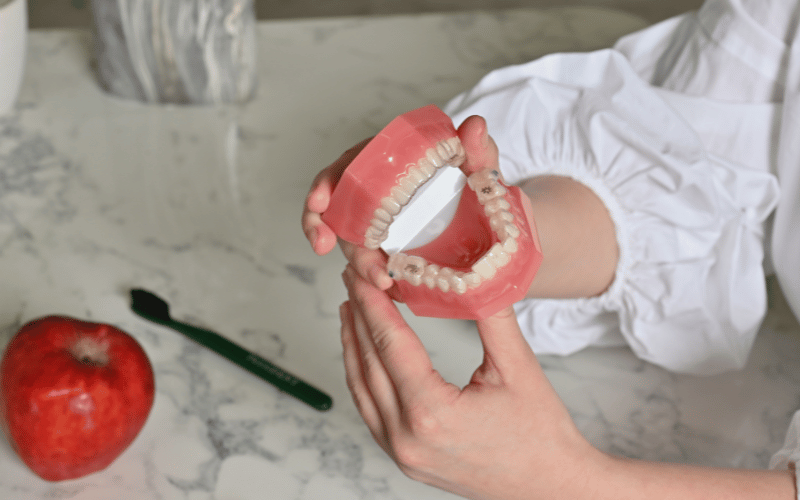Frequently Asked Questions About Gingivitis Prognosis
Advertisements
 Advertisements
Advertisements
1. What Causes Gingivitis?
Gingivitis is primarily caused by plaque, a sticky film of bacteria that constantly forms on your teeth. If not removed through regular brushing and flossing, plaque can produce toxins that irritate the gum tissue, leading to gingivitis. Other factors such as smoking, poor nutrition, stress, and certain medical conditions can also contribute to the development of gingivitis.
2. Can Gingivitis be Reversed?
Yes, gingivitis can be reversed. Early detection and treatment are key. This includes a thorough cleaning by a dental professional, followed by consistent oral hygiene practices at home—brushing at least twice a day, flossing daily, and using an antiseptic mouthwash.
3. Is Gingivitis Contagious?
Gingivitis itself is not contagious. However, the bacteria that cause gingivitis can be spread through the exchange of saliva. It’s advisable to avoid sharing utensils, toothbrushes, and other items that may come in contact with someone else’s saliva if you or they have symptoms of gingivitis.
4. What Are the Long-Term Effects of Gingivitis if Left Untreated?
If left untreated, gingivitis can progress to periodontitis, a more severe form of gum disease. Periodontitis can lead to the loss of tissue and bone that support the teeth, and in extreme cases, may result in tooth loss. It’s crucial to address gingivitis early to prevent these severe outcomes.
5. How Often Should I See a Dentist for Gingivitis?
If you have symptoms of gingivitis, schedule an appointment with your dentist as soon as possible for a thorough cleaning and examination. After initial treatment, regular check-ups every six months are generally recommended. However, your dentist may suggest more frequent visits depending on the severity of your gingivitis and your overall oral health.
6. Can Gingivitis Affect My Overall Health?
Yes, gingivitis and other forms of gum disease have been linked to various systemic health issues, including heart disease, diabetes, and respiratory conditions. The inflammation associated with gum disease may contribute to these conditions, making it even more crucial to maintain good oral health.
7. What Are the Best Ways to Prevent Gingivitis?
The best ways to prevent gingivitis are to maintain good oral hygiene, including brushing at least twice a day, flossing daily, and using an antiseptic mouthwash. Regular dental check-ups and cleanings are also crucial. Adopting a healthy lifestyle, such as eating a balanced diet and avoiding tobacco, also plays a role in preventing gingivitis.
Conclusion: Protecting Your Gums and Ensuring a Healthy Smile
Gingivitis is a common and mild form of gum disease, but it requires attention and proper care. By paying attention to the symptoms, maintaining good oral hygiene, and seeking professional care when necessary, you can manage gingivitis effectively and ensure a healthy smile.
Regular dental check-ups and cleanings play a crucial role in preventing and treating gingivitis. Don’t ignore the early signs; take action to protect your gums and maintain your oral health. Remember, a healthy mouth contributes to your overall well-being, and taking care of your gums is an essential part of that.
If you have any questions or concerns about gingivitis or your oral health, don’t hesitate to reach out to your dental professional. They are there to help and provide the care and guidance you need to maintain a healthy, happy smile.